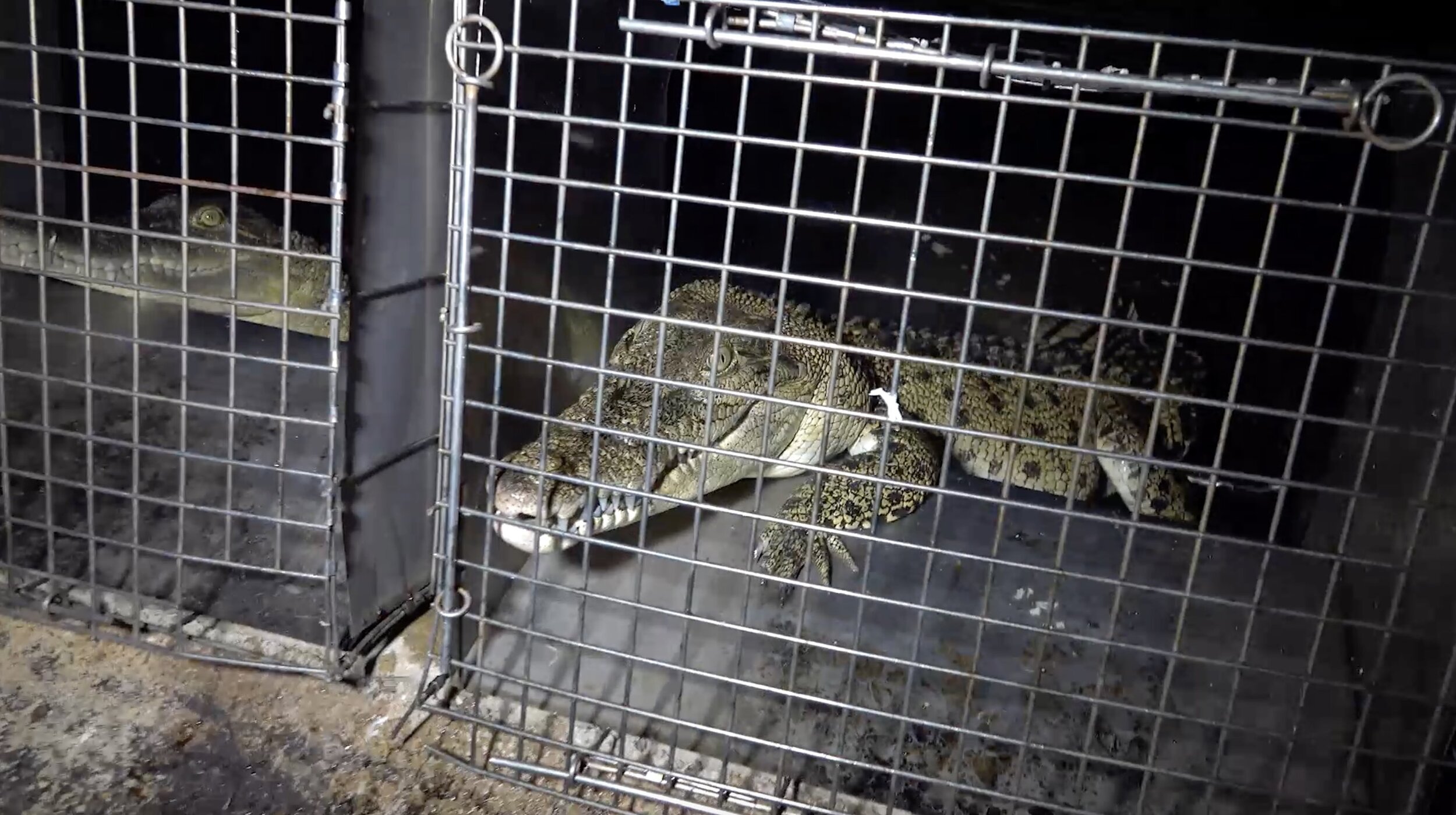A Gungganadji Elder’s perspective on crocodile farming for fashion in Australia
Warren Martens is a Gungganadji Elder and Traditional Owner living on unceded Aboriginal land commonly known as Queensland, in Australia. Warren is also on the board of directors for the North Queensland Land Council. He has granted us permission to publish parts of his letter to Australia’s Minister for the Environment, regarding the mistreatment of sacred crocodiles by the fashion industry, permitted by the Australian Government.
“Kunjurra Kunggandji is our language name for the Saltwater crocodile. They are a part of our totem structures in our belief system. We consider them as spiritual guides, our ancestors. They’re very sacred animals to our people and hold significant cultural associations. This connection is so strong in fact, that when these totems die, we have ceremonies around their death. When a crocodile is shot, or dies of natural causes, it’s comparable to losing a member of our family.
Indigenous traditional knowledge, which our people are custodians of, about living alongside this species, has been handed down through generations. We can smell them. We can understand how they interact with their environment.
We recognise them not only as culturally significant animals but understand the profound ecological importance of them too.
It therefore creates a lot of anxiety, and trauma, when crocodiles are unnecessarily killed for the sake of commercial profits.
Recreational hunting for crocodile skins by non-indigenous Australians between the 1940’s - 1970’s was the ultimate accelerator in bringing the species to the brink of extinction. Now, a commercial industry that raises crocodiles in factory farms and slaughters them at a fraction of their lifespan exploits my totem for luxury fashion.
Crocodiles in cages supplying Hermès, Louis Vuitton and other luxury fashion houses.
Image source: Farm Transparency Project’s investigation into the crocodile skin trade.
The reality now stands that more Australian saltwater crocodiles are living in confinement on factory farms than in their natural habitat in Australia.
These farms deprive crocodiles of their natural habitat and behaviours subjecting them to a life in overcrowded group housing or isolation pens before they are slaughtered.
What’s more, this is championed as an acceptable and successful means of conservation – when the truth is, the ban on crocodile hunting in the wild has conserved crocodiles, not farming them.
Farming crocodiles is not a culturally appropriate practice and is not in alignment with the cultural values of my people.”
This letter was sent during the review into Australia’s Code of Practice on the Humane Treatment of Wild and Farmed Australian Crocodiles. In the letter, Warren also speaks to problems of genetic diversity loss during egg collection from the wild for rearing crocodiles into factory-farms, inhumane conditions, and a lack of engagement with Traditional Owners. Warren requested to be engaged in the review process, but shockingly, was not, despite efforts from NGOs.
The review was a decade overdue and the final outcome is still not public. However, Collective Fashion Justice participated in the review as much as we were permitted, and are aware of the likely outcomes as a result. The new Code will continue to defy even the most basic animal welfare science principles while ignoring First Nations voices opposed to the trade.




